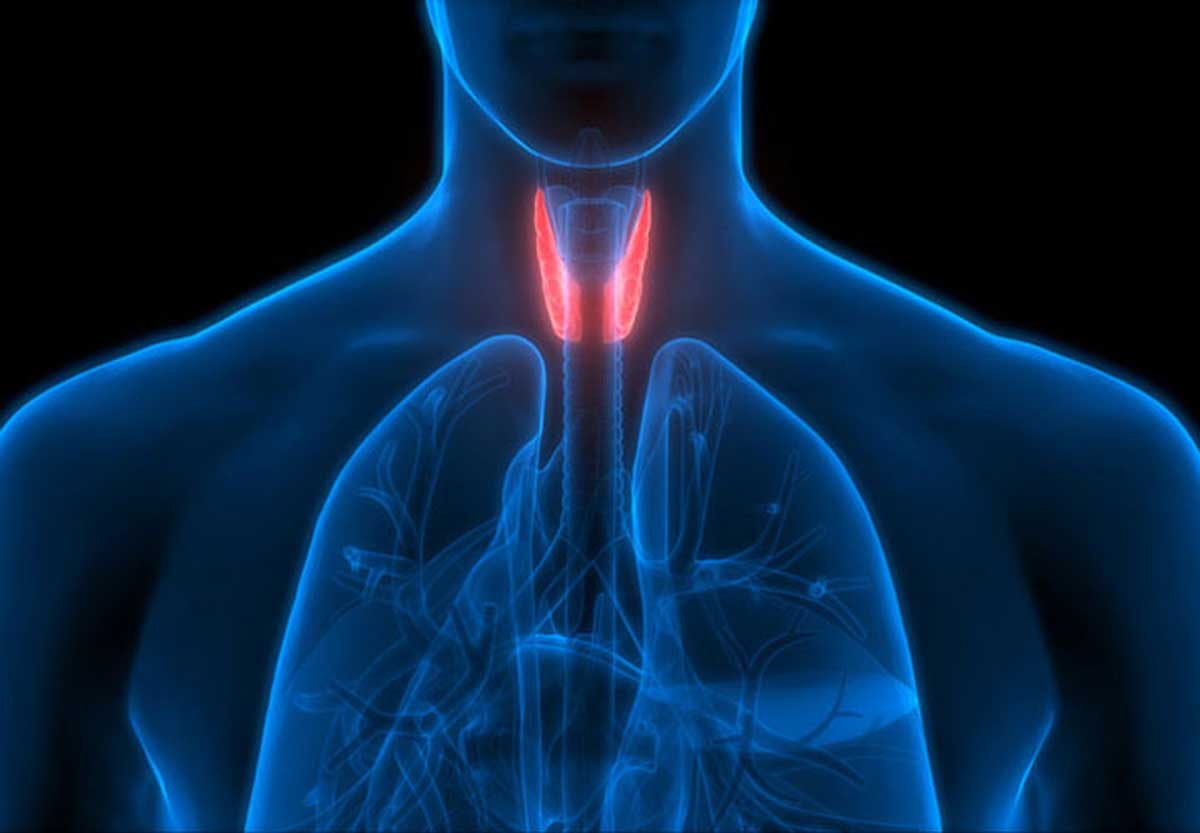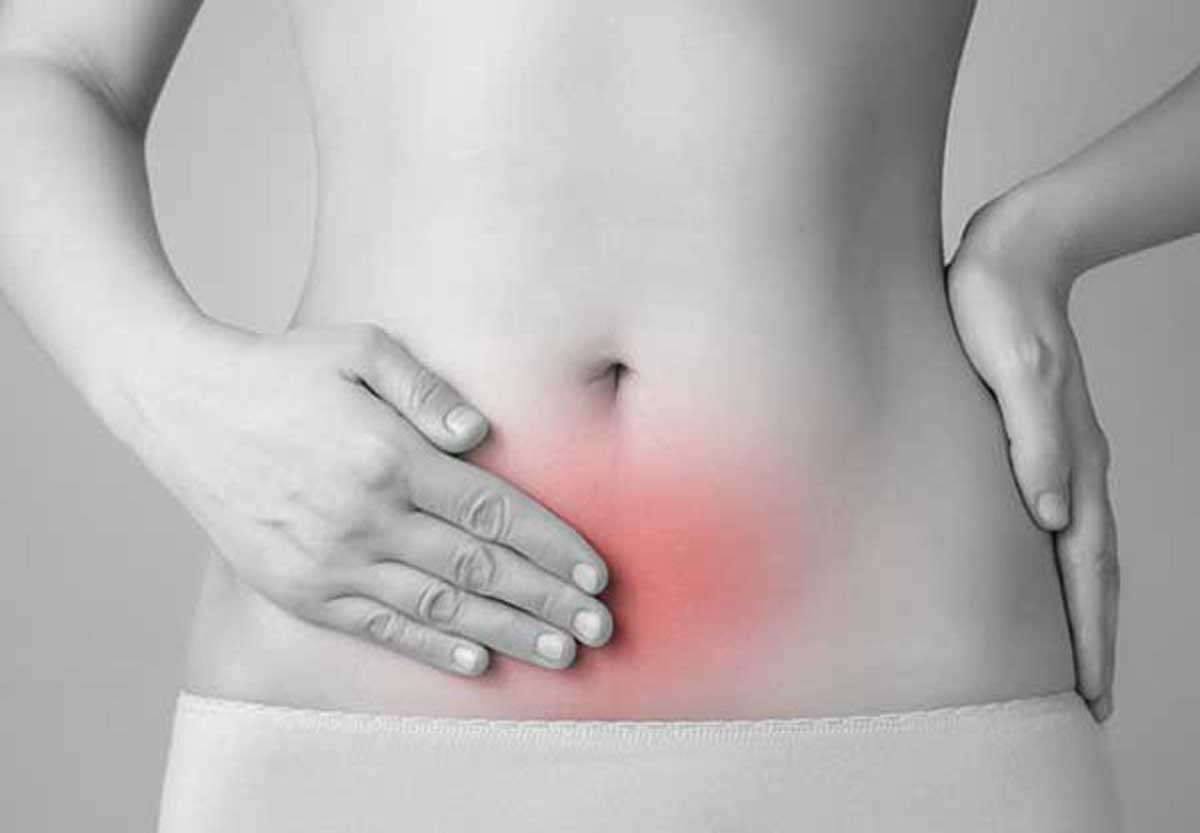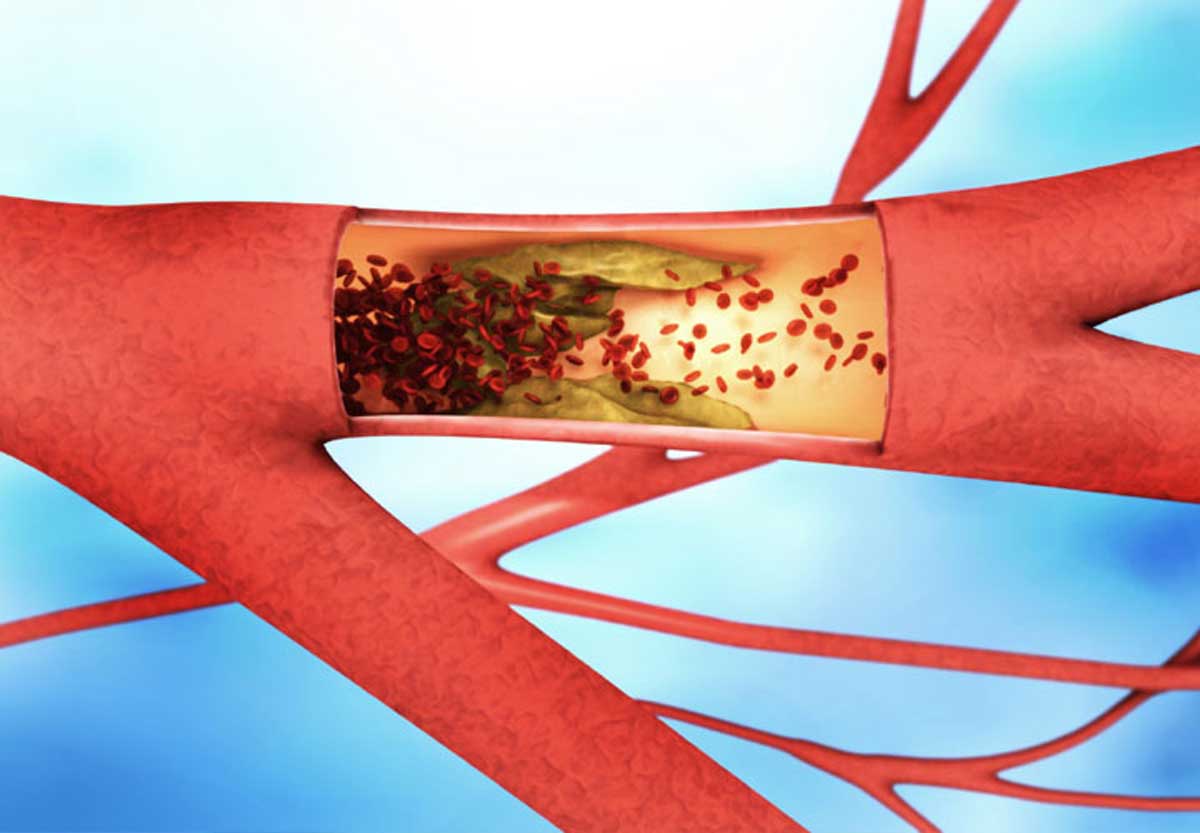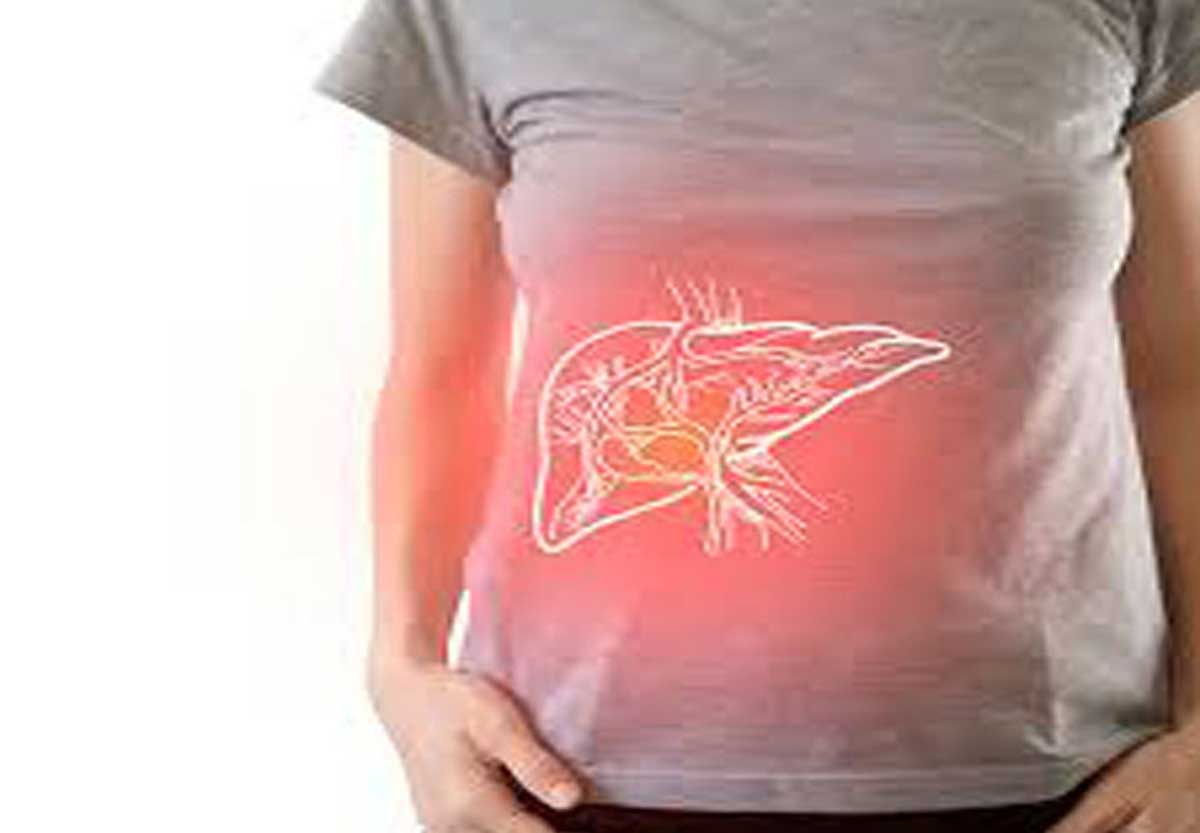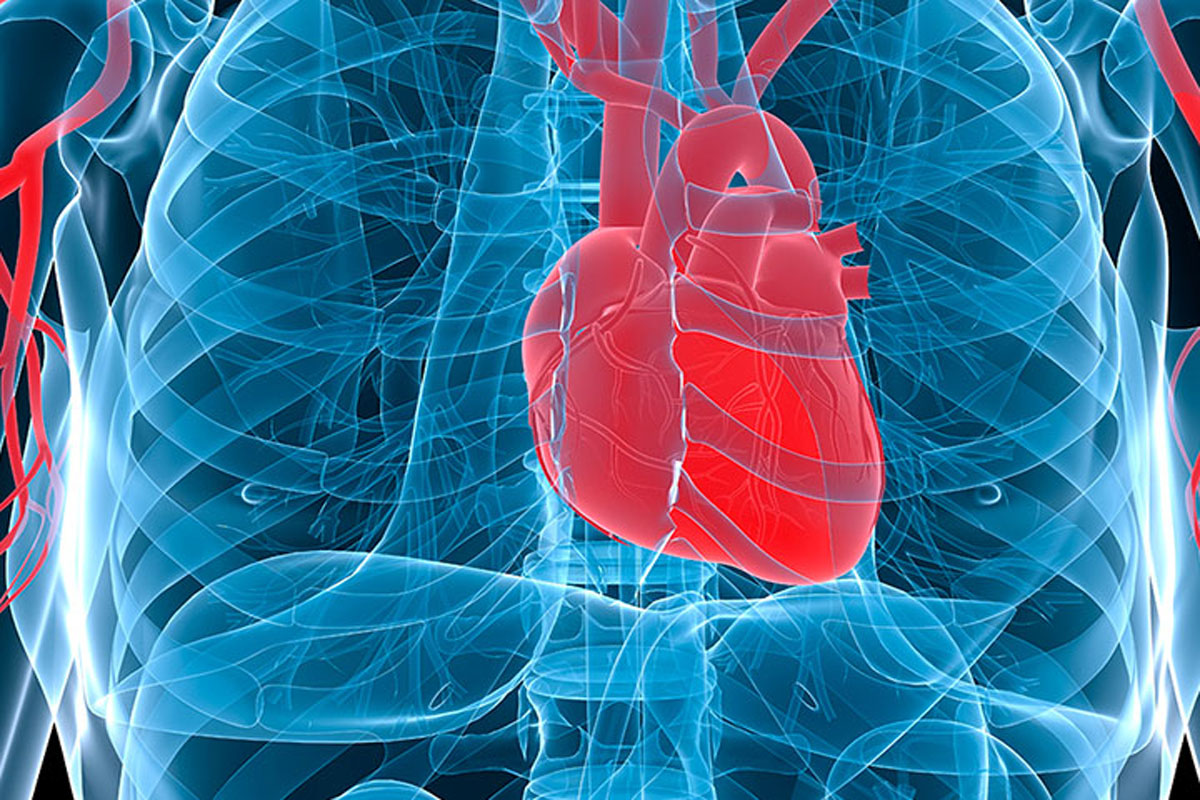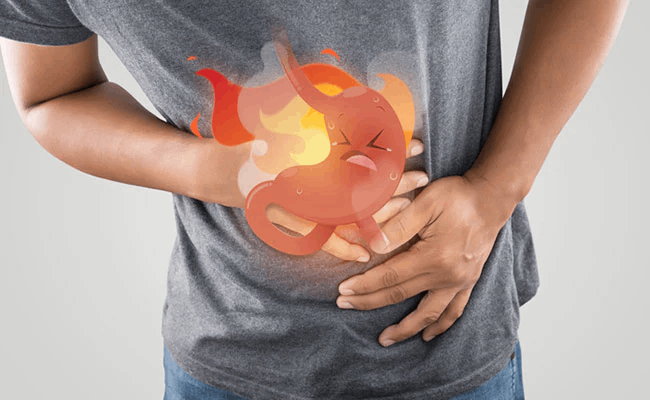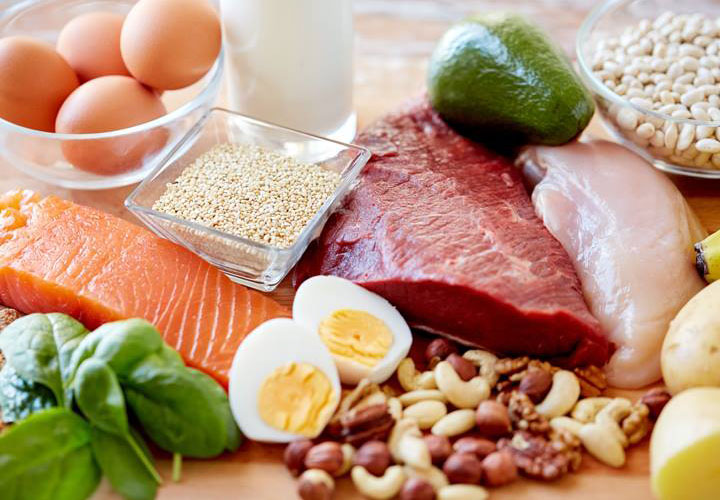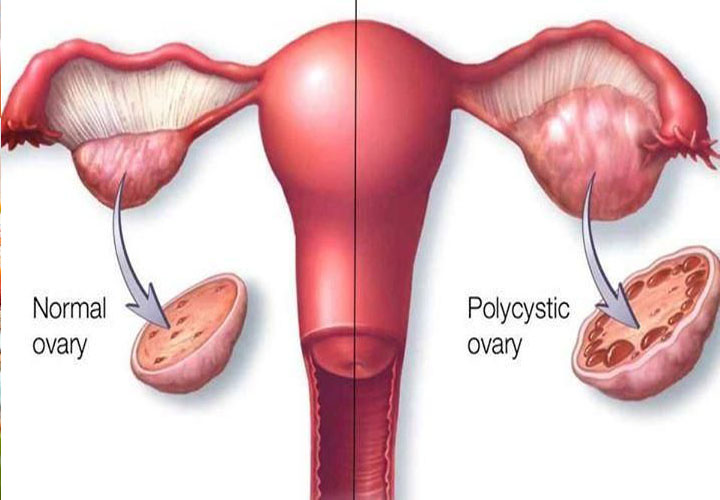If you want a summer ready body by this New Year and retain it too
our story - Poonam Duneja
Nutrifybypoonam Diet & Wellness Clinic.
Nutrifybypoonam is for all those people who want to bring a revolutionary change in their lives by leading lives which is enriched with more knowledge about nutrition , wellness and a better quality of life , better nutritional requirements info for a complete well being of their bodies according to their current life styles , age and gender . Nutrifybypoonam is always ready to bring in such clients with them who have a never ending passion to explore their fitness and diet regimes and also to refuse giving up so early in lives . We are here to help you out after your long search of fitness regimes and failed diet regimes.
Achievements
Our Achievements
What We Offers
Our Services
Testimonial
What Our Clients Say!
Our Blogs
Our Latest News
What We Plan
Our Plans & Price
We wish you all the best of health, Considering the ongoing national lockdown, this is the perfect time to take care of your health issues and manage your body weight.
Basic
- Customized Meal Plan
- Body Composition Analysis
- Plans As Per Your Preference
- Diet plan on whatsapp
- Weekly Followup
Semi Premium
- Customized Meal Plan
- Body Composition Analysis
- Plans As Per Your Preference
- Diet plan on whatsapp
- Weekly Followup
Premium
- Target Focussed Results.
- Body Composition Analysis
- Plans As Per Your Preference
- Diet plan on whatsapp
- Regular Followup









